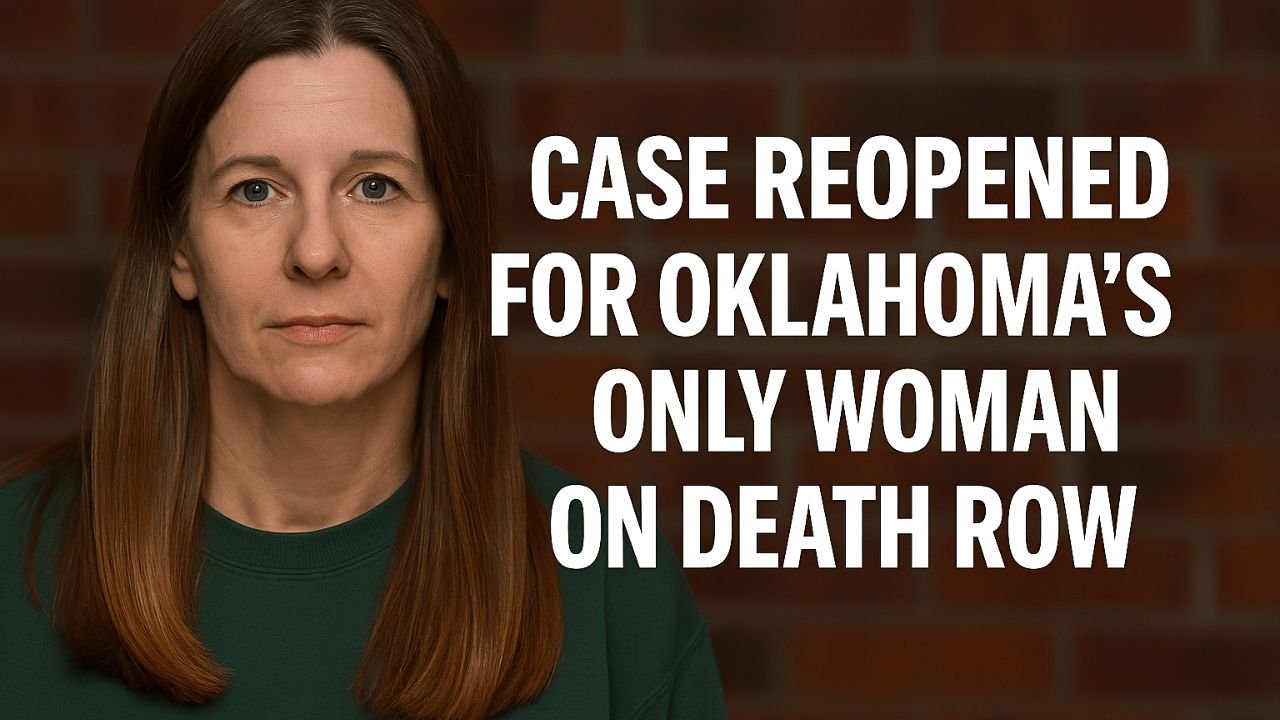Brenda Andrew, the only female inmate on Oklahoma’s death row, may see a shift in her legal fate. On June 19, 2025, federal appellate judges gathered in Oklahoma City to revisit the controversial trial that led to her death sentence over two decades ago. This review follows a U.S. Supreme Court directive issued in January to reassess potential trial misconduct.
Background: The 2001 Murder Case
Andrew was convicted for the murder of her estranged husband, Rob Andrew, in 2001. Prosecutors claimed she and her then-lover, James Pavatt, orchestrated the murder to benefit from a life insurance policy.
After the murder, the pair fled to Mexico with Andrew’s children but were captured upon reentering the U.S.
Pavatt, tried separately, was also sentenced to death and has since exhausted all appeals. Meanwhile, Andrew’s case progressed through higher courts, eventually catching the attention of the U.S. Supreme Court.
Controversial Trial Tactics and Appeal
Andrew’s defense team argues the trial was prejudiced by a prosecution strategy that focused heavily on her sexual history and personal behavior, rather than solely on evidence tied to the crime.
Examples included presenting intimate items like thong underwear and a book titled 203 Ways to Drive a Man Wild in Bed to the jury.
In a January opinion, Supreme Court justices noted that the trial had an excessive focus on these aspects. Circuit Judge Robert Bacharach described the prosecution’s tactics as painting Andrew as a “modern Jezebel,” stating that gender bias undermined her right to a fair trial.
Courtroom Debate Continues
During the June 2025 appellate session, Andrew’s lawyers urged the court to overturn the 2023 ruling that upheld her conviction, citing due process violations due to gender-based stereotyping.
The prosecution acknowledged that some of the trial content may have been irrelevant but maintained that the evidence of guilt was sufficient regardless.
Judge Bacharach voiced strong criticism of the trial, saying, “This was an atrocious trial,” and questioned whether a male defendant would have been subjected to the same scrutiny.
Possible Outcomes and Future Implications
The court now has several options:
- Uphold both conviction and death sentence
- Order a new trial
- Mandate a new sentencing phase
As the court deliberates, Andrew remains at the Mabel Bassett Correctional Center, continuing her long-standing claim of innocence.
The fate of Brenda Andrew, the sole woman on Oklahoma’s death row, lies in the hands of the appellate court. Their decision could either cement her execution or reopen a path to justice, shining a spotlight on gender bias in the legal system.
This high-profile case raises broader questions about fairness in capital trials, especially when personal character is used as a prosecutorial weapon.




